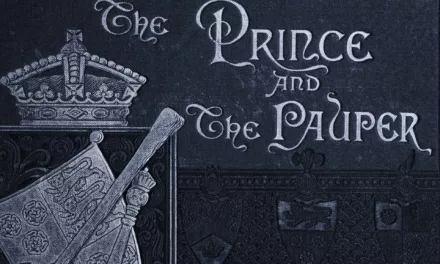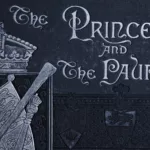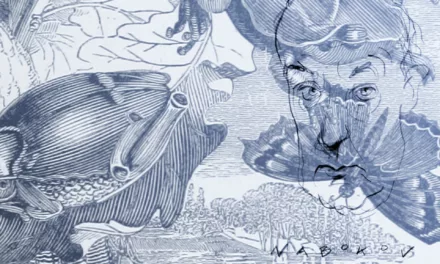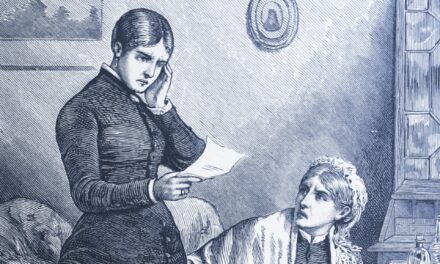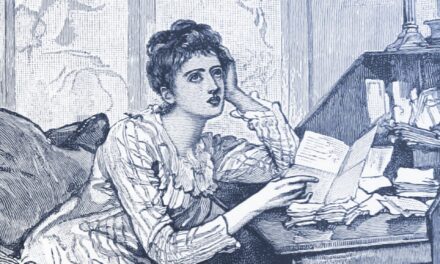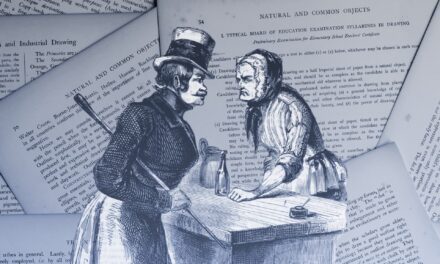
Are you allowed to use real people in your fiction?
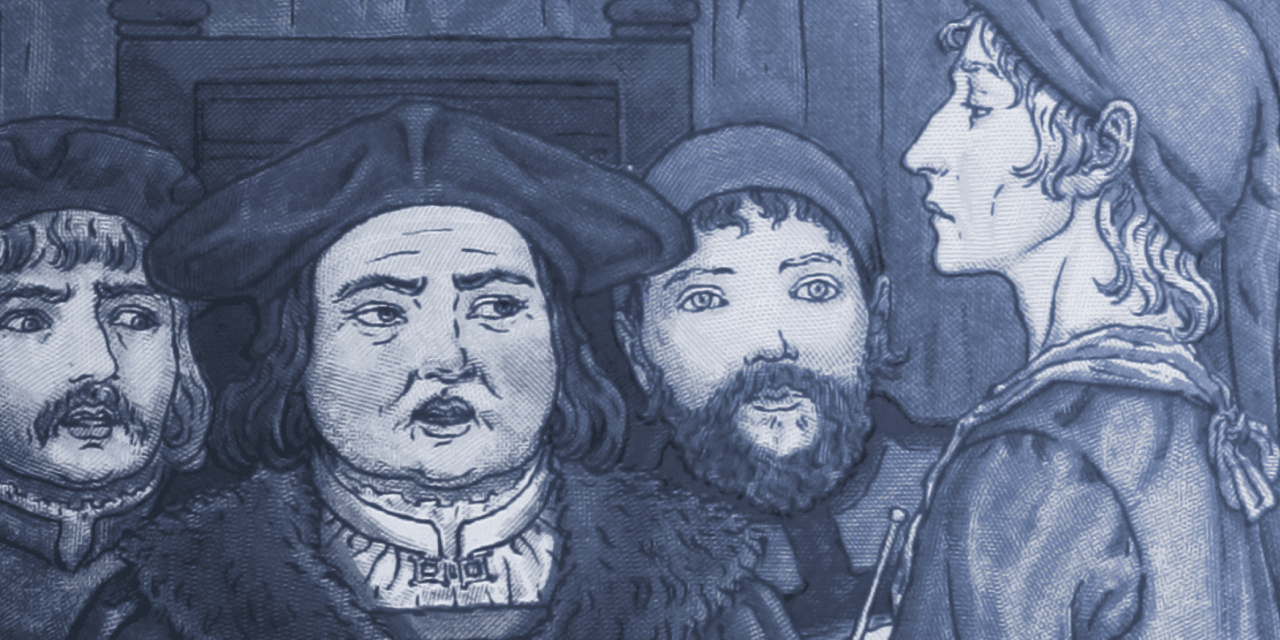
I’ve written a novel featuring real people, specifically public figures. I’ve only shared it with friends and haven’t published it anywhere. Could I still get into trouble if those people found out?
That’s a great question. In the specifics, you ask about public figures and if you could get into trouble for that. I’ll start with the disclaimer that I’m not a lawyer and this is not legal advice. I can’t say where the line between fair use and libel exists. If that’s your concern, and there’s no other way to tell the story you want to tell other than including that person, then you should consult a lawyer. But, let’s assume, for the sake of this question, that we’re squarely in the domain of fair use.
When are public figures spoken of?
People write about public figures all the time, both in fact and fiction. Sometimes a mix of both happens across media, which blurs the lines. Public figures can serve as rich sources of inspiration. They are frequently fictionalized or rewritten to add a sense of realism, glamor, or controversy to stories. They feature in unauthorized biographies, and are written about in news stories and exposes. We know a lot about public figures because they are written about a lot. So, yes, you can write about public figures. Whether you should, and what approach you take, is another question entirely.
You can, but should you?
This is where it gets tricky. I have written about public figures, both living and dead, in my own stories. In one of my alternate history tales, for example, I had a President of the United States hold a meeting with my main character.
I was careful about mannerisms and making the character believable. It is important to me when I do write about public figures that they are recognizable and that I don’t have them act in ways contrary to what they have publicly stated they believe or ways they have acted. That is a very subjective line I have drawn and one each writer must find for themselves. I mean, there’s the whole Abraham Lincoln, Vampire Hunter thing out there, and I’m pretty sure Mr. Lincoln never took a stance on Vampires. I would advise you to think about where that line is for you.
Public figures vs private citizens
I’d also like to toss in a note here about private citizens – friends, family, enemies – you might consider writing about as well. I do not write about people I know, at least not as whole characters. I definitely take turns of phrase, characteristics, or mannerism and borrow them with impunity, but I almost never use the name of a person I know. I don’t want them to feel ownership of any part of my story. It’s also a matter of not wanting to damage those relationships with unintended slights if they don’t like the way I’ve represented them.
Ultimately the people we write about – real or imaginary, public figures or private citizens – are seen through the filter of our own biases, perceptions, and beliefs. Public figures have a public life, so their thoughts, behaviors, and actions are more universally seen. People you know in your personal life don’t have that. There are more concerns about privacy when you’re writing about those close to you. It’s also more difficult to remain impartial in how you feel and write about them if you have a close, personal relationship.
Every word you write is a choice. Ask yourself what serves your story. Do you need to write about a public figure or can you create a character inspired by that person? What impact will your words have on them should they read it and what impact do you choose to have on them?


